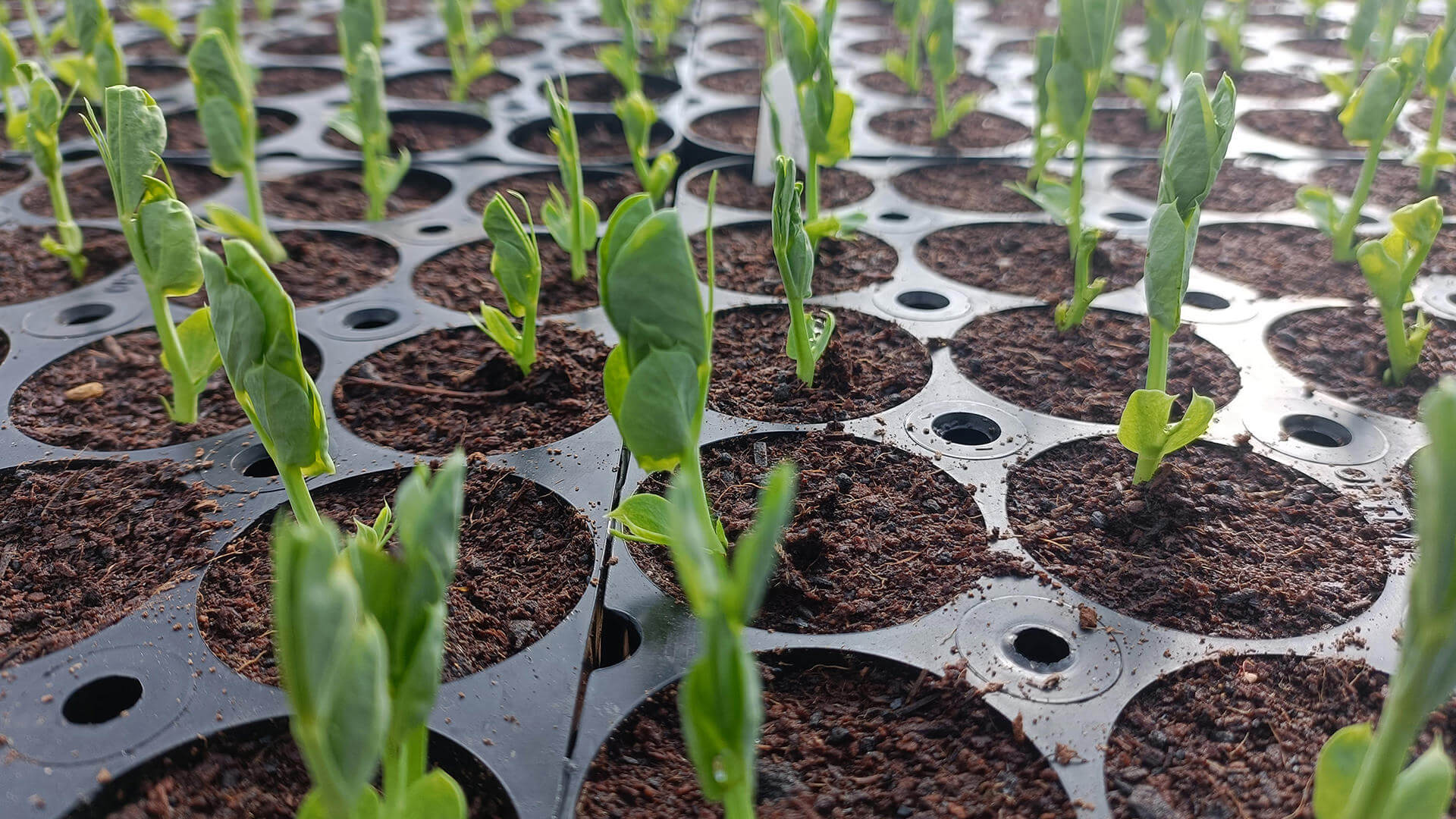A few weeks ago I ran a workshop at the fantastic Emergent Generation Summer Gathering on routes to market for small-scale growing. This was a combination of business school theory and grounded reality which I hope was at least a little bit useful. The old barn was full of young people (and me) keen to learn how to survive and thrive in a food system that is largely stacked in favour of big business – large farms, complex logistics and, of course, the ubiquitous supermarket chains (four Tescos including the One Stop in Stroud now!).
It was a humbling experience to have so much energy and passion in the room but also so much competence and confidence. This was not a room of dewy-eyed novices but of people who had already cut their teeth learning their craft – shepherdesses, veg growers, EU policy experts, flower growers, stockmen, Sustain advisors and dairy managers. They had dedicated their careers to doing the right thing, and turning down more lucrative alternatives. It closely reflected the team at Good Small Farms and other growing projects in Stroud. Alongside being impressed, there was also a lingering feeling of unease. It is a feeling I shared later with Becky, one of the co-founders of Emergent Generation.
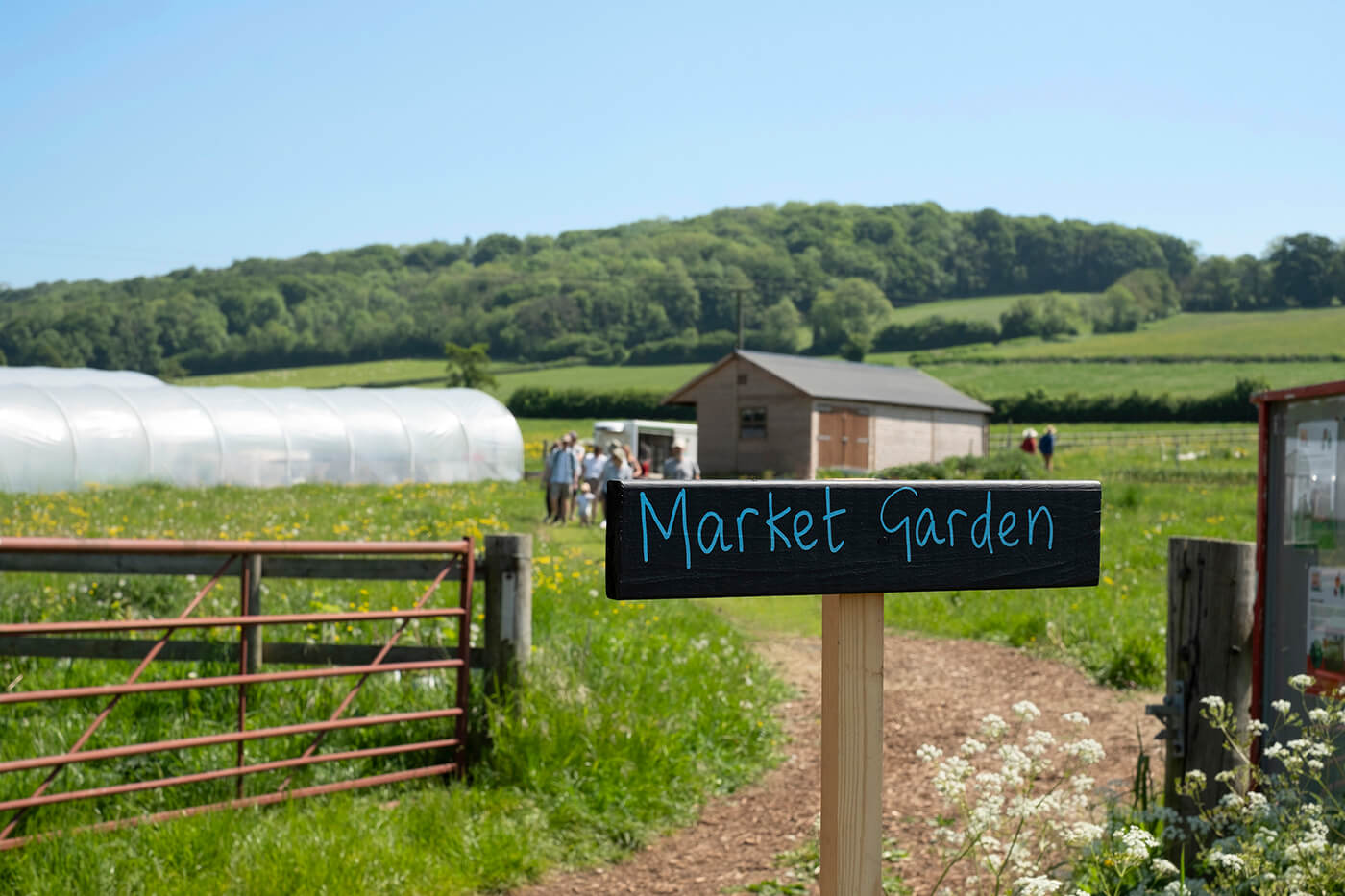
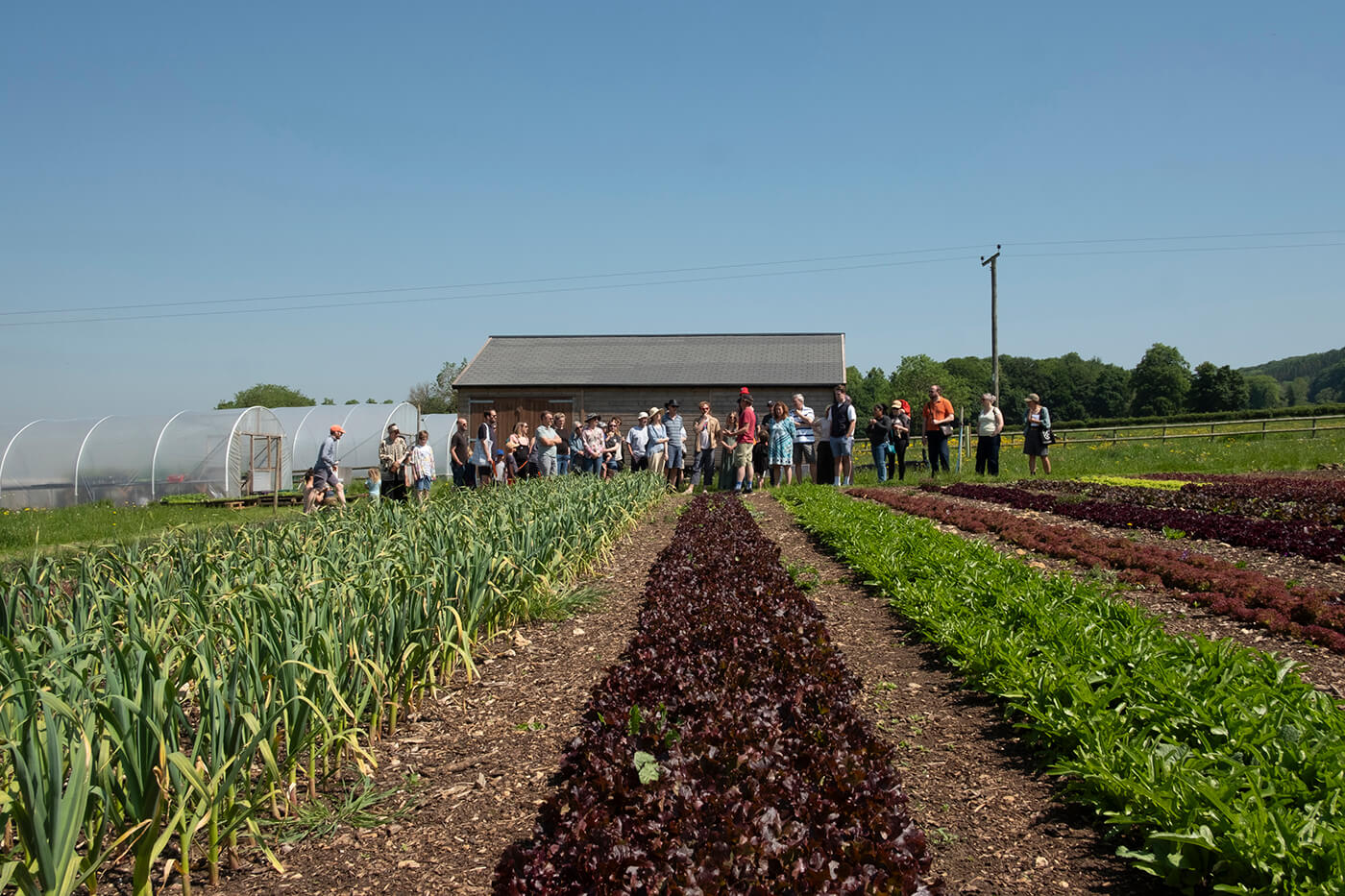
Were we encouraging young people to make significant sacrifices to be part of a small-scale agroecological movement that doesn’t have sufficient resource to support them? There is always plenty of enthusiasm for initiatives to encourage young people into agroecological farming but we also need to address the entire range of support needed once they have started down that path: writing a business plan, finding routes to market, understanding sales strategies, managing a team, looking after their own wellbeing, seeking out advice from peers, finding a mentor, having a retirement plan. This is all in addition to honing the skills of the particular trade they choose.
I can name some brilliant organisations that are trying to address some of these needs: in addition to Emergent Generation, Apricot Centre in Devon runs certified agroecological diploma courses, Abunda has just started a pilot that Good Small Farms hopes to be part of to match land holders with land seekers in the Cotswolds, the Landworkers’ Alliance provides many forums for peer-to-peer support and fantastic WhatsApp groups with generous and knowledgeable members. But this network is fragmented and you need to be in the know to be in the know.
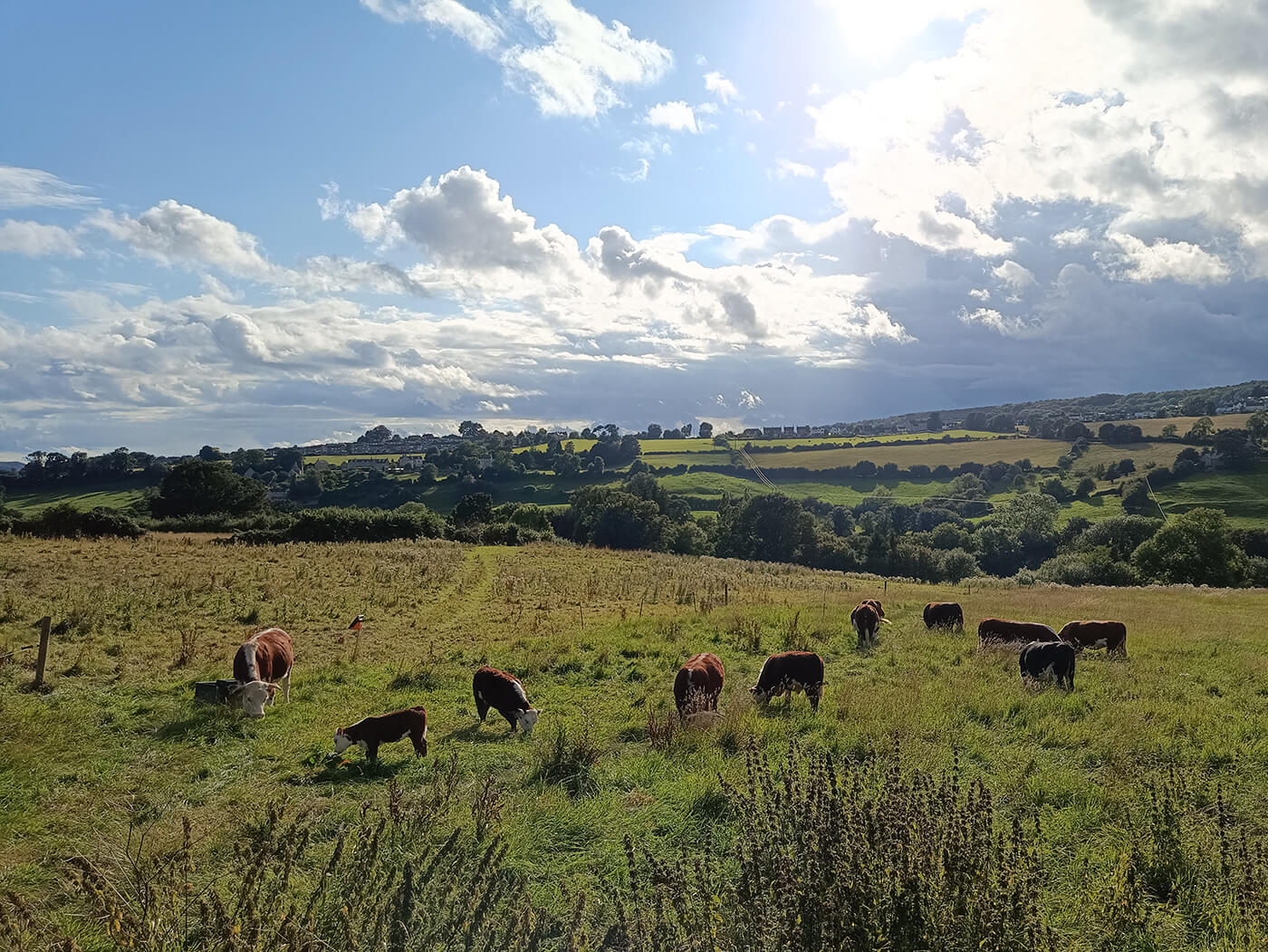
Fortunately this sense of unease around a lack of support is starting to be addressed directly by a meeting organised by Ai-Ling Lai from the University of Bristol. She is keen to ensure that her research into local food systems makes a meaningful contribution to the reality in the field and so organised the first meeting of interested parties last Sunday, attempting to get into the detail of what a thriving local food economy looks like in Stroud and how the broader economy and inhabitants can help support it. Always nervous that this was just another talking shop, I presented a bit about what we do and provided real life examples of the challenges we face. The room included county councillors, policy experts, seed savers, market organisers, commoning experts, representatives from land trusts, community hubs and local growing projects.
We need to scope the scale of the challenge: what proportion of food consumed in Stroud District can actually be grown within the district? What is our “foodshed”? And do we care if this is agroecologically grown food or just that it is local? How many people do we need to grow this food, and how many people actually want to grow food for a living? The questions are almost endless but without getting into the detail, we will be swimming blind.
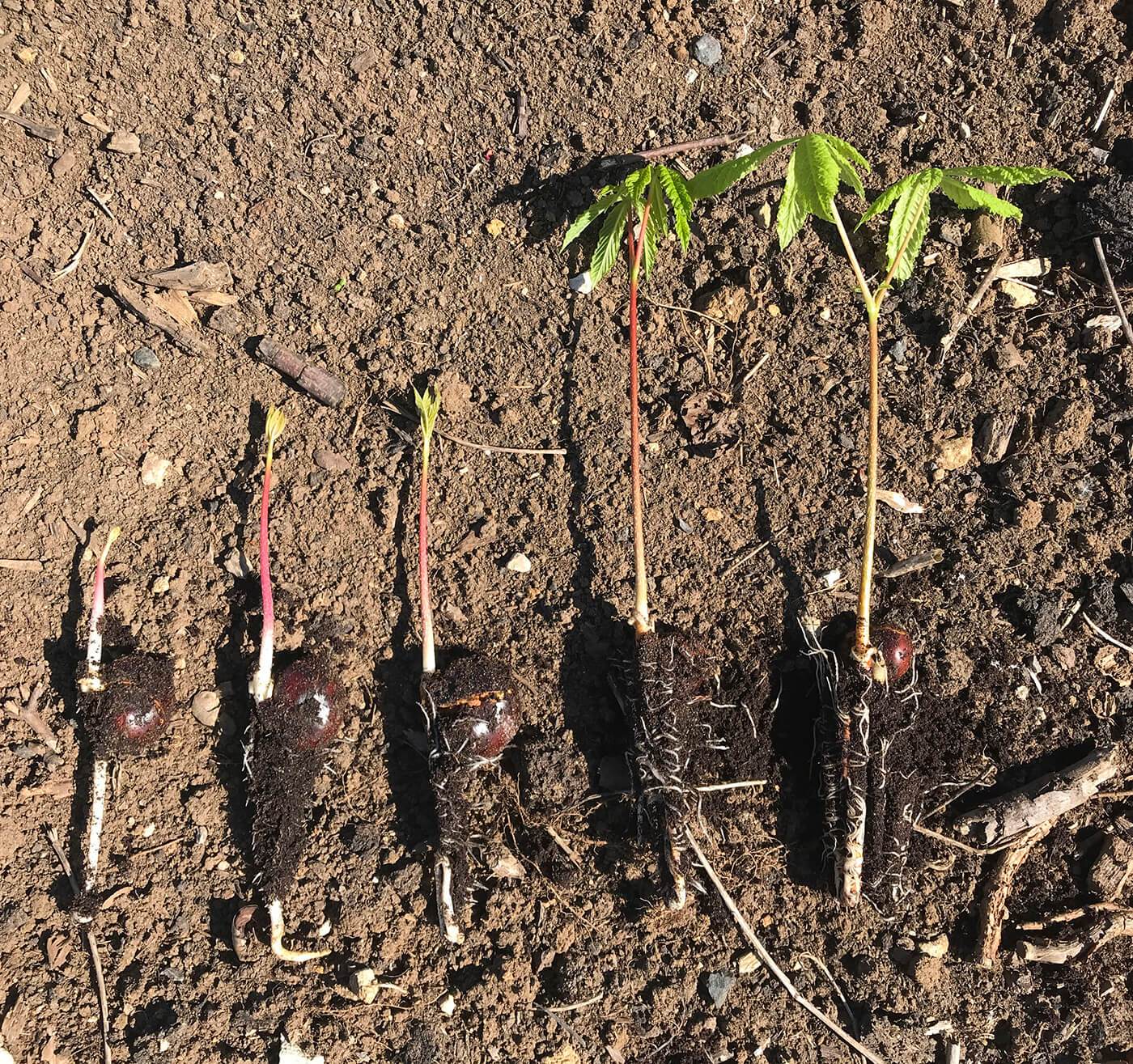
It is early days for this initiative, and there is plenty of precedence from previous meetings that haven’t come to anything to act as warnings against being overly optimistic. There are also examples, both of success and failure from elsewhere in the country but, for some reason, this feels different. Perhaps it is that the poly crises are just that little bit closer now, perhaps it is that the fragility of society seems more accentuated, or perhaps it is that we have done enough deliberation and now need to put in the hard graft.
Eric Walters
